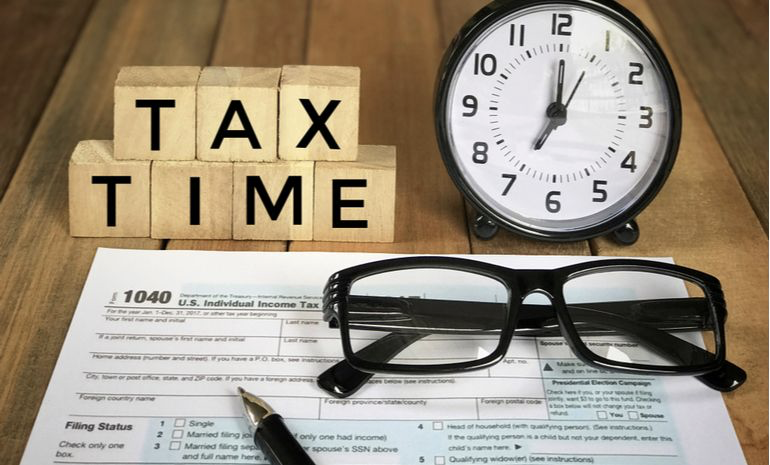Internal Revenue Service has come with an initiative to assist elderly taxpayers. Tax Counseling for the Elderly (TCE) would feature individuals of 60 years and above only. There have been Cooperative agreements between IRS and relevant organizations that would work annually during the taxation period for the initiative’s success. Some community partners taking part include non-profit agencies, faith-based organizations, community centers and large employers. This in-place training, which provides free tax help will be initiated for low-income individuals who need assistance filing their tax returns.
IRS provides funds for organizations to compensate volunteers for some of their out-of-pocket expenses, including transport, meals and other expenses incurred during tax counseling assistance. From January 1st to April 15th of each taxpaying year, tax return preparation for the elderly will be conducted effectively. This, however, comes with maximum practice all year round with program activities that will ensure all the individuals to be sorted for the Federal Income Tax returns’ year.
On October 12th, 2021, the IRS awarded $41 million for the TCE and Volunteer Income Tax Assistance (VITA) grants to organizations providing free federal tax returns. With over 379 applicants requesting over $70 million for the initiative, IRS awarded grants to 34 TCE and 300 VITA applicants this year. Visit TCE Webpage or VITA Webpage to apply for the programs or go to IRS Tax Volunteers to view details on becoming TCE or VITA volunteer.
IRS has been the leading organization in offering tax returns services for our clients, thanks to the Comprehensive Customer Service Strategy (Section 1101) that guides our strategies to provide the best services. The act dictates that IRS should offer an in-depth system for customer service and submit the plan to Congress. Together with the program, updated guidance and training materials should be available to the public. The plan for action practices for customer services in the private sector should include online services, telephone call back and employee training.
The strategy’s main objective is to provide a dynamic, timely, logical, customized, and effective interaction with taxpayers. This is motivated by six long-term goals that come with the redefined taxpayers’ experience that should be achieved by the next ten years. The pillars include:
- Expanded Digital Services
The plan is set to modernize IRS Information Technology and provide an improved experience through digital channels. We will build on existing online accounts and create accounts for tax professionals and business taxpayers for an easier and more effective taxing process.
- Smooth Experience
Taxpayers will be automatically led to relevant resources to help them sort out issues. This is through a centralized point on the system that would create reports to make more informed decisions.
- Educate
IRS is willing to educate taxpayers on the importance of all services offered. This will be spread to other individuals who are not yet set in the system by providing proactive information on taxpayers’ needs and preferences.
- Community of Partners
In the ten years, IRS is set to bring together different firms and relevant organizations all around the globe, including the whole tax ecosystem, for a more significant impact.
- We are reaching out to underserved communities
An integrated system is to be brought up to account for inadequately served communities around the globe that have been left out of many privileges. It focuses on addressing common issues, Education, Communication, Clarity and limited access to products and services.
- Enterprise Data Management and Advanced Analytics.
IRS aims to manage its data securely and get the organization on board and propagate the data from various sources. This comes from a cross-enterprise understanding of customer’s experience, transpiring needs and expectations and operational data.
IRS went ahead and supported individuals during the Coronavirus pandemic. They did this by offering tax help, including health plans for individuals, families, businesses, tax-exempt organizations, and others who are financially affected by the crisis.

